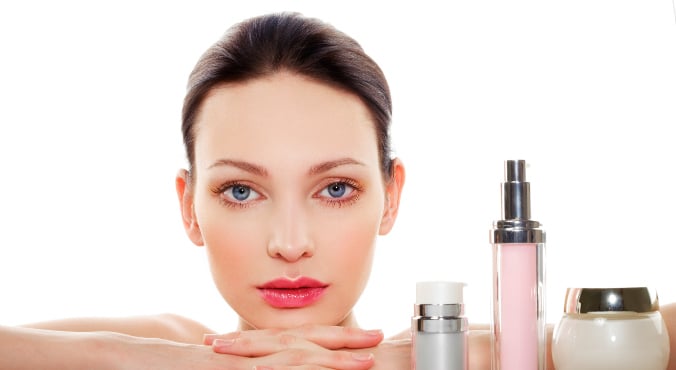
Image Via iStock
Just like when Kim Kardashian and Kanye West became “Kimye”, Cosmeceuticals is an equally powerful coupling. Made from the words “Cosmetics” and “Pharmaceuticals”, Cosmeceuticals are all about beauty focused products that deliver pharmaceutical grade results.
But does it all sound a little bit too good to be true? Well, as the adage goes, when something sounds too good to be true, it probably is.
Why? Medicines like your go-to cold and flu tablets require rigorous tests and research before they can be put on the shelf as a medicinal product. So if it says it will fix your pounding headache, it probably will.
But will a Cosmeceutical cream cure you of your crows-feet and lip wrinkles? Not necessarily.
Hear me out. There’s an interesting back story:
If you’re into beauty and skincare, you’ve probably heard of the skin care line, Retin-A. This skincare was created by a doctor, Albert Kligman. He’s the one who coined the term “Cosmeceuticals” back in 1980.
It was named Retin-A because it is a combination of the words Retinol and Vitamin A. Retinol is the alcohol form of vitamin A. Still with me?
When applied to the skin, something actually happens. The Retinol converts to Retonic acid and while doing so, effectively treats wrinkles, age-spots and even acne at a cellular level. Yep, the real deal.
Related: The right way to layer your skin products.
Dr. Kligman's Retin-A line is like the king of Cosmeceuticals because it was the first ever youth-promoting product with an evidence-based medical background supporting its claim. And because of this, it was approved by America's Food and Drug Association (the FDA) as an effective drug.
But here's the thing. ANY skin care brand can label their products as "Cosmeceuticals". And most don't bother going through the rigmarole of getting the FDA's certification.